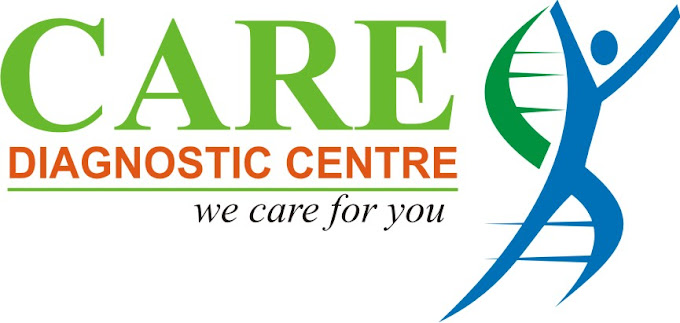Follicular Study

A follicular study, also known as folliculometry, is a series of ultrasound examinations conducted over a woman’s menstrual cycle to monitor the development and maturation of ovarian follicles. This study is crucial in the assessment and management of fertility, providing insights into ovulation timing and the overall health of the reproductive system.
Purpose of Follicular Study
Tracking Ovulation
The primary purpose of a follicular study is to track the growth of ovarian follicles and determine the timing of ovulation. This is particularly important for women undergoing fertility treatments or those trying to conceive, as it helps pinpoint the most fertile days in the menstrual cycle.
Assessing Ovarian Function
The study provides valuable information about ovarian function, including the development and release of eggs. It helps identify issues such as anovulation (lack of ovulation) or irregular follicle development, which can contribute to infertility.
Procedure of Follicular Study
Initial Consultation
The process begins with an initial consultation where the patient’s medical history, menstrual cycle details, and any fertility concerns are discussed. Based on this information, a tailored schedule for ultrasound examinations is created.
Series of Ultrasound Scans
The follicular study involves a series of transvaginal ultrasound scans, typically starting around day 10 of the menstrual cycle and continuing every 2-3 days until ovulation is confirmed. During each scan, the size and number of developing follicles are measured, and the thickness of the endometrial lining is assessed.
Monitoring Follicle Development
Follicle Size and Growth
Healthy follicles grow at a rate of approximately 1-2 mm per day. By the time of ovulation, a mature follicle typically measures between 18-24 mm in diameter. The ultrasound technician records the size of the dominant follicle(s) during each visit to track its progression towards maturity.
Endometrial Thickness
The endometrial lining, which should be at least 8 mm thick for optimal implantation, is also measured. A well-thickened endometrium is a positive sign of a receptive environment for a fertilized egg.
Clinical Applications
Fertility Treatments
Follicular studies are integral to fertility treatments such as intrauterine insemination (IUI) and in vitro fertilization (IVF). They help in timing the administration of medications that induce ovulation and in planning the optimal time for egg retrieval or insemination.
Diagnosing Ovulatory Disorders
The study can diagnose ovulatory disorders like polycystic ovary syndrome (PCOS), luteinized unruptured follicle syndrome (LUFS), and other conditions that affect follicle development and release. Identifying these issues is critical for developing effective treatment plans.
Advantages of Follicular Study
Non-Invasive and Detailed
Follicular studies are non-invasive and provide detailed insights into the dynamic process of follicle development and ovulation. They help tailor fertility treatments to individual needs, increasing the chances of successful conception.
Personalized Fertility Management
By closely monitoring the menstrual cycle, healthcare providers can offer personalized advice and interventions. This can include optimizing the timing of intercourse or fertility procedures, thereby enhancing the likelihood of pregnancy.
Limitations
Despite its benefits, the follicular study has limitations. It requires multiple visits to the clinic, which can be time-consuming and stressful. Additionally, it might not fully predict the quality of the eggs released or guarantee successful conception.
Integration with Other Diagnostic Tools
Follicular studies are often integrated with other diagnostic tools such as hormone level tests, ovulation predictor kits, and blood tests to provide a comprehensive evaluation of fertility. This holistic approach helps in making informed decisions and improving treatment outcomes.

